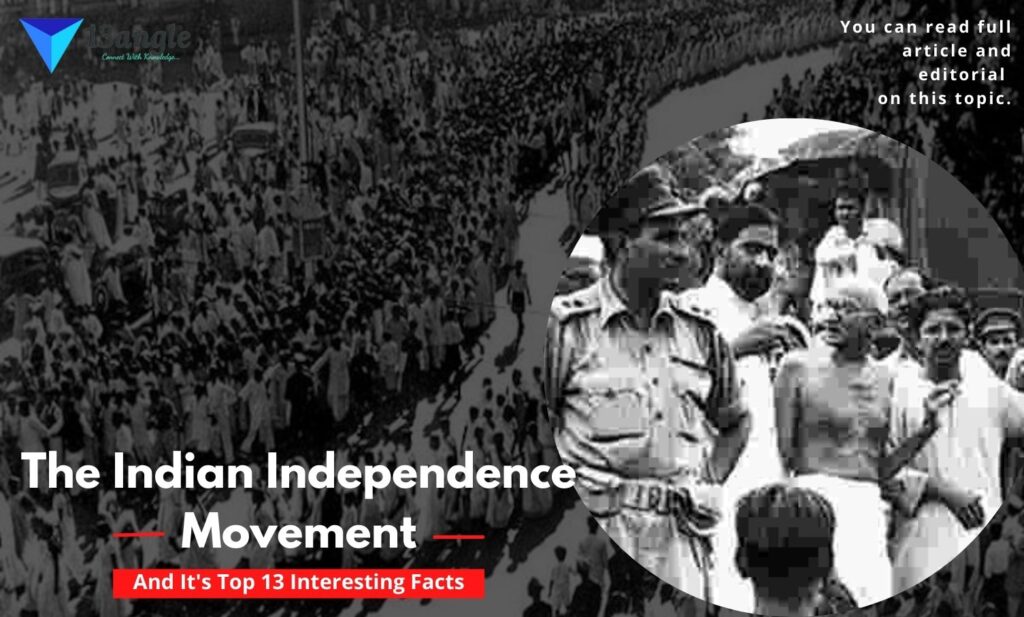Could the fierce nationalist, who is being appropriated for political mileage nowadays, have been even more instrumental to Indian history had he served as India’s first prime minister?
He had the competence and the conviction to prove an exception to this humbling rule.
In his book “The Indian Struggle”, Bose writes of how independent India would have “a strong Central Government, how the state will unify the whole nation and all methods of propaganda will have to be utilized.” In a speech delivered in Singapore in 1943, he had made his administrative aspirations even clearer by asserting that India would require an “iron dictator” who could rule for at least two decades.
He wished to create a party – Sangha that would provide “perfect equality” in terms of political and economic rights, endorse no State religion, and strive to eradicate poverty and unemployment by means of “industrialization and scientific agriculture through state aid. His futuristic ideals could have been a boon for the country’s development. Women would have been empowered in a greater sense at a very early stage of independence and the concept of gender disparity would not have existed.
If he had been the prime minister, the stronghold that the Nehru-Gandhi family held over Indian politics would have been much less. Maybe, India would have had cordial relations with China and no situation of a border dispute.
If he had been the prime minister, the ideals he believed in would have not remained just wishes written in a book but a reality to be living in. There would have been limited democracy, eliminating the lacunas of today’s political system.






